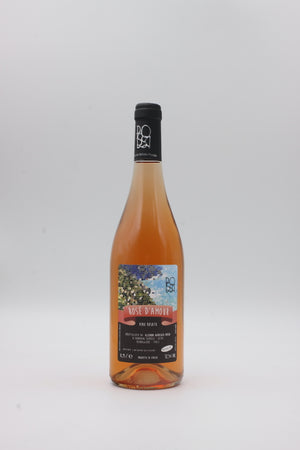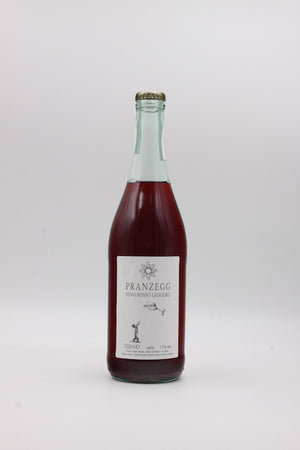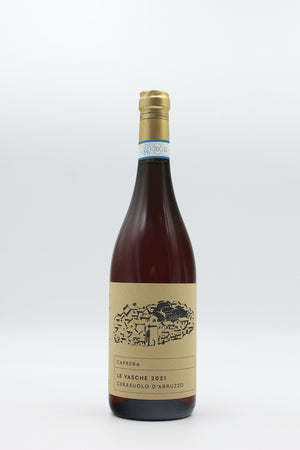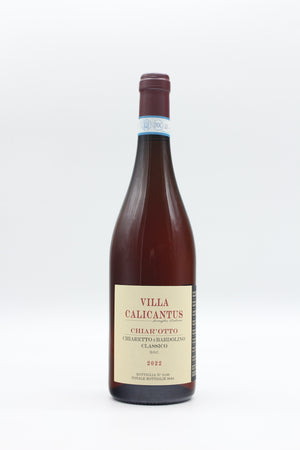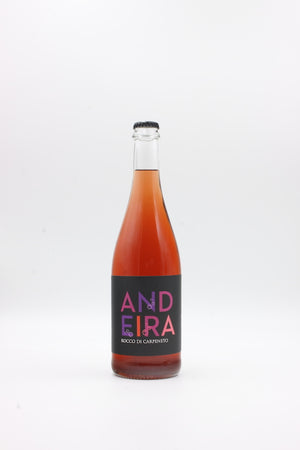- Home
- Rosé & Rosato
- Jörg Bretz: Schillerberg Rosé 2015
Jörg Bretz: Schillerberg Rosé 2015
- €16,90
Many years ago, the Schillerberg rosé was the first Austrian rosé that gave me the feeling that this style of wine could also produce more than just banal summer wines in Central Europe. In the meantime, a few more rosés have been added, but Jörg Bretz's Schillerberg continues to reside firmly in the Olympus of the best.
There are a few reasons for this: Firstly, Jörg regards his rosé as an equal among all other wines, which means that it receives the same attention in the vineyard and in the cellar as the white and red wines.
Jörg has always used Blaufränkisch & Pinot Noir grapes, which he considers perfectly suited for his rosé; he picks them relatively late and vinifies them as a proper wine should be: after a short maceration period, he presses the grapes, ferments them spontaneously and without any fermentation aids and then transfers the wine to used wooden barrels for several years (which would gradually kill the wine if the primary material was not suitable).
A rosé with a difference. Subtle from the nose to the palate. Fine berry notes lead the way, followed by a few herbs. Complex and multi-layered, substantial and deep. Acidity and tannins are present but unobtrusive companions, the texture is juicy and dense, the body elegant and full-bodied.
Data sheet
Grape variety: Blaufränkisch & Pinot Noir
Vineyard:
Harvest: By hand
Fermentation: spontaneous | wild yeasts
Ageing: several years in large wooden barrels, then several years in the bottle
Filtration: no
SO₂: < 50mg/l
Alcohol content: 12.5%
Closure: Natural cork
Drinking temperature: 12°C
Perfect drinking maturity: from now - 2028
Bottle format: 0.75 litres
All winegrowers listed on Vinonudo work with compost, organic fertilisers and natural preparations in their vineyards and do not use herbicides, pesticides or artificial fertilisers.
Similar Products
Newsletter
Who knows more, tastes more. Once a week there is news about our wines, winegrowers and events.
© 2025 vinonudo | Shopify Theme by Mile High Themes | Powered by Shopify
